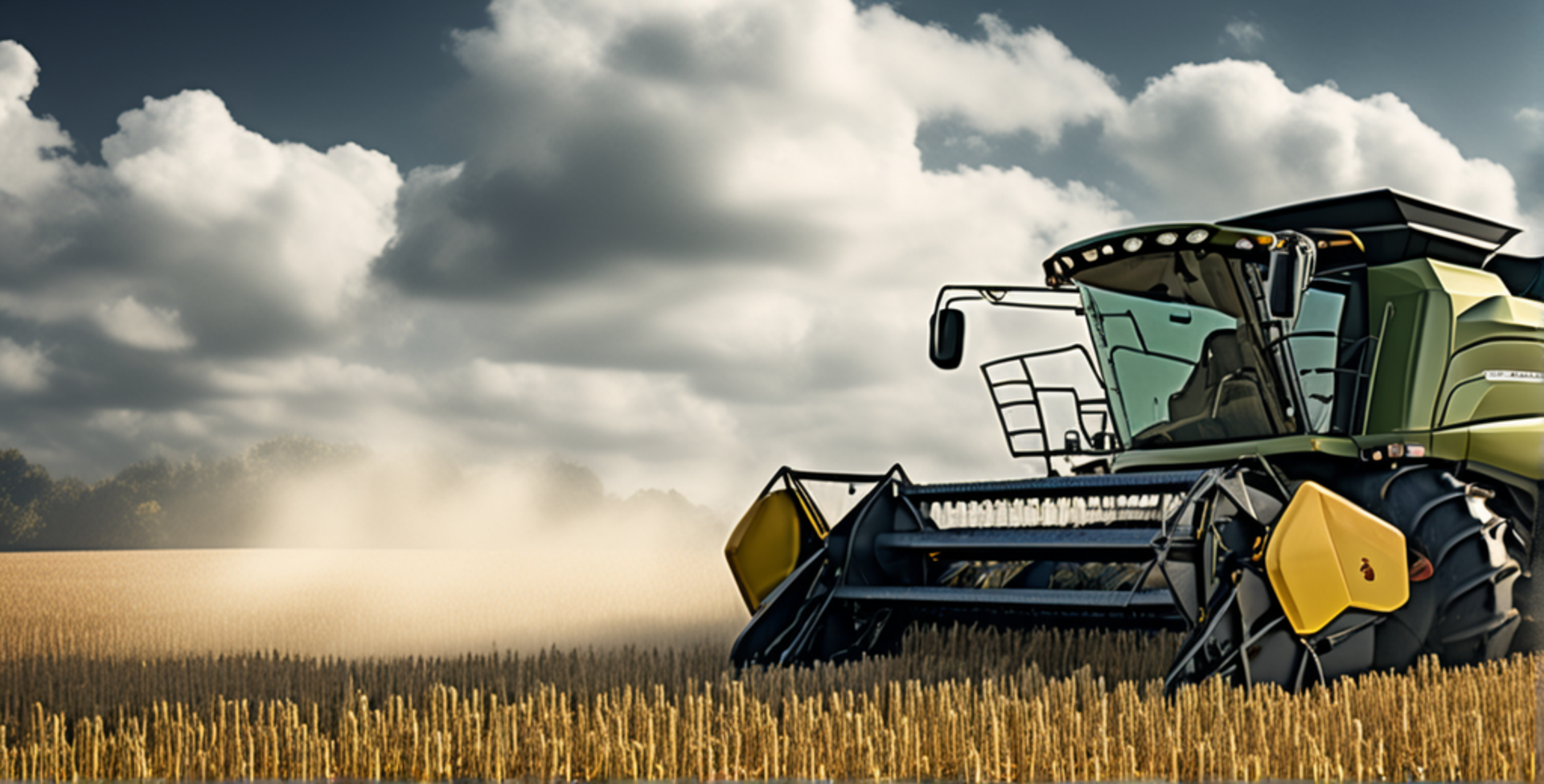While numerous transport and mobility sectors are becoming increasingly electrified, battery technology is also reaching its limits in some places! For example, in shipping, aerospace and construction machinery. This podcast episode aims to shed light on the extent to which agriculture is one of these "problem sectors" in which battery technology will never offer a solution (even in the long term).
Roger Stirnimann (BFH) and Dr. Joachim Sobotzik (John Deere) will discuss the extent to which large agricultural machines can be electrified at all. The technical feasibility often seems contrary to the estimated economic efficiency and, above all, the processes on farms that have been developed over decades (feeding, sowing, harvesting, plowing, etc.). The example of the "e-combine harvester" is impressive: a BEV combine harvester would have approx. 18 cubic meters of batteries on board, with the same amount of energy (currently from agricultural diesel). So: not very realistic in perspective!
Both podcast guests therefore see liquid, alternative fuels (including e-fuels) as an obvious solution, although this is still in the distant future. However, as alternative synthetic fuels, HVO and biofuels are more expensive than the current agricultural diesel, agriculture is in a real dilemma: CO2-neutral fuels are not yet available and will most likely be very expensive when they are ready for the market. If agricultural diesel is taxed more and more in the near future, the price of food products will inevitably rise too.

